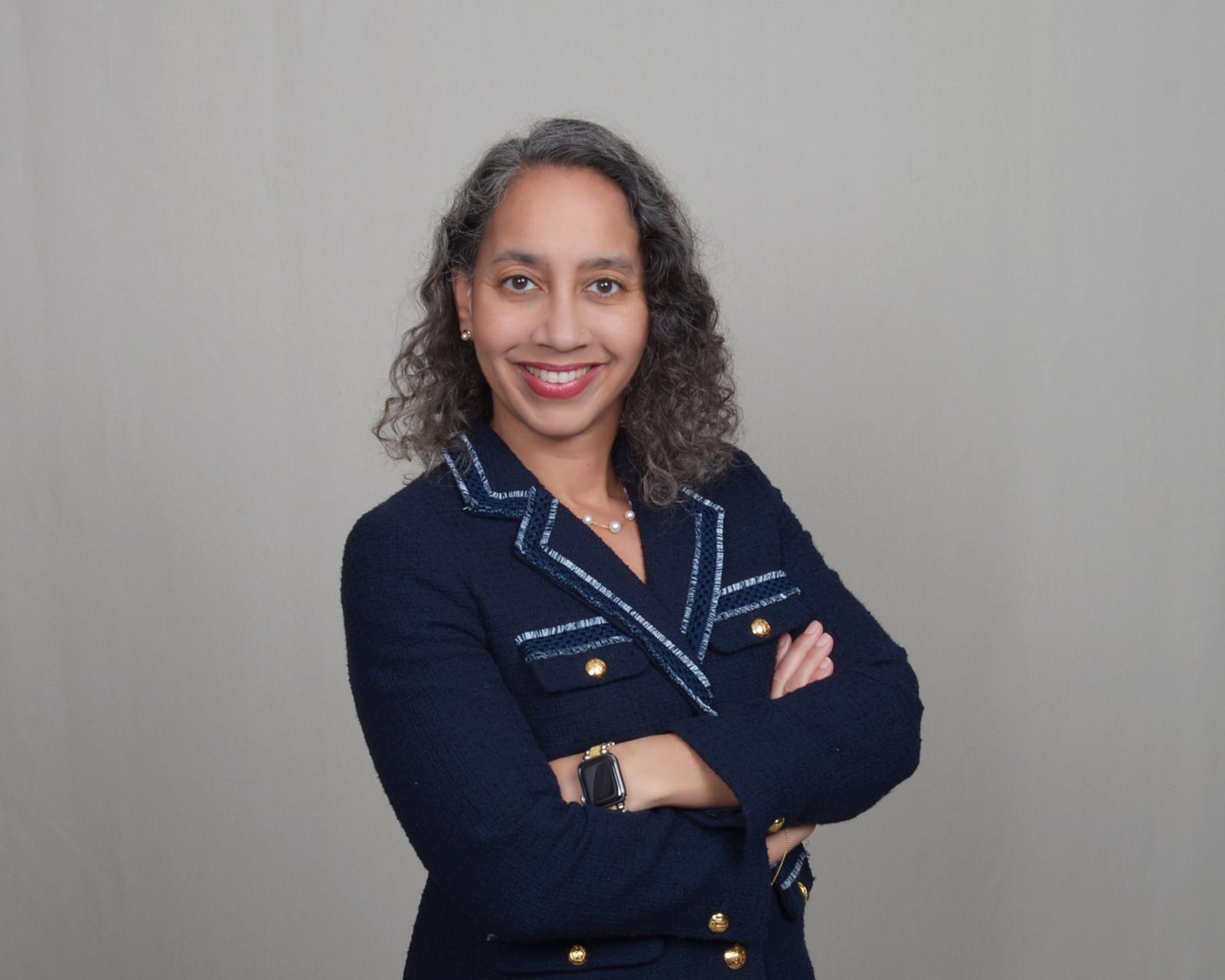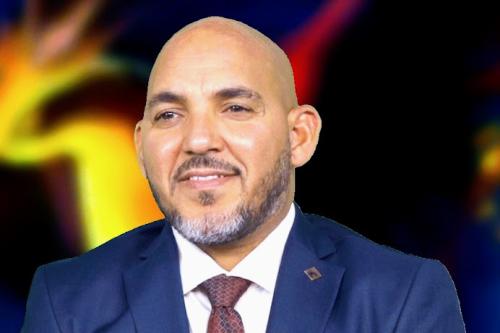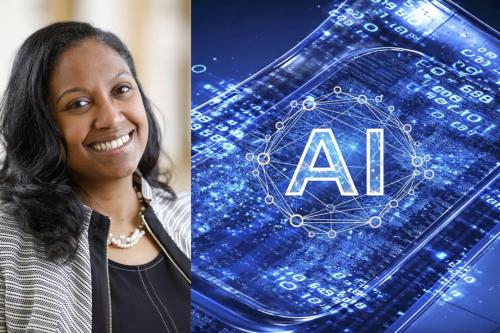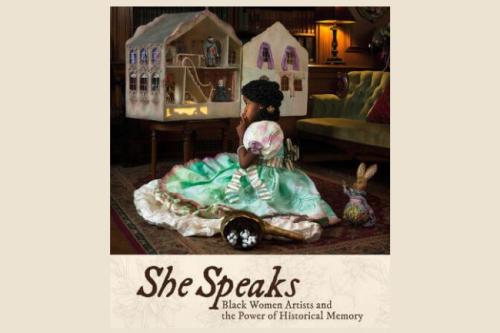A Howard University-led research coordination network is working to investigate the current state of artificial intelligence jobs by developing a multi-disciplinary national network with a goal of predicting future trends in the AI job market.
Dr. Talitha Washington, executive director of Howard’s Center for Applied Data Science and Analytics, is the principal investigator of the project, “Research Coordination Network on Assessing and Predicting Job Outcomes in AI,” a new initiative aimed at analyzing the evolving AI job landscape. The two-year project, which is funded by a nearly $500,000 grant from the U.S. National Science Foundation, will involve establishing a national Research Coordination Network (RCN) that brings together key stakeholders across varying sectors, disciplines, and organizations to better classify trends in the AI job market. According to Washington, the main purpose of the network is to better understand what AI jobs are with a goal of predicting future trends in the sector to build a stronger AI workforce. Currently, AI is impacting nearly every job in every sector and is not restricted to technical roles.
The RCN will focus on answering three core questions: What defines an AI or AI-adjacent job, what skills are needed for AI jobs, and how do we build AI credentials and curricula? Washington said that the network will work to “create some grounding documents for people across multiple sectors to know what AI jobs are by leveraging the national network.”
Preparing the Workforce for AI
The RCN will be comprised of a collection of members and collaborative partners who are guided by a steering committee to generate insights from a series of convenings and workshops focused on AI jobs. Drawing on input from educators, industry leaders, government agencies, workforce innovators, and the broader public, the RCN will accelerate the development of strategies to strengthen the nation’s ability to respond to emerging AI workforce needs through public-private partnerships. The network will produce synthesis reports, workshop proceedings, curated labor data dashboards, and a public-facing knowledge base website.

The project leverages Howard’s ongoing AI initiative, which includes academic scholarship that aims to advance the frontiers of AI through cutting-edge research and innovation. This also includes the university's recent outreach efforts to educate emerging college students on industry careers in tech and other AI-related jobs. Washington is the co-chair of the university’s AI Advisory Council and noted that this new research collaboration network will inform how to better equip students for an AI-driven job market.
"Universities across the country are actively asking what students and those in the workforce need to know to be prepared to enter the AI-driven workforce,” Washington explained. “What does AI look like on the job, and what does that really mean? Carving out a space where we can better define these concepts through this national network will be helpful to develop relevant education and curricula."
The project is a collaborative effort with co-principal investigators Enrico Pontelli of New Mexico State University, Siobahn Grady of North Carolina Central University, and George Brown of Houston Community College. At the end of the two-year RCN project, Washington’s team will host a synthesis capstone workshop that will consolidate and share the network's findings.
In addition to this project, Washington convened a virtual workshop for Howard faculty and staff on “AI and the Future of Higher Education” Sept. 17.
Keep Reading
-

-
 Artificial Intelligence
Artificial IntelligenceHoward University and Bowie State partner on $4M initiative to Build AI Literacy
Jan 15, 2026 4 minutes -
 Vanguard
VanguardHoward University Gallery of Art Lends Elizabeth Catlett Works to Major Exhibition on Black Women’s Historical Memory
Jan 30, 2026 3 minutes
Find More Stories Like This
Are You a Member of the Media?
Our public relations team can connect you with faculty experts and answer questions about Howard University news and events.
Submit a Media Inquiry

